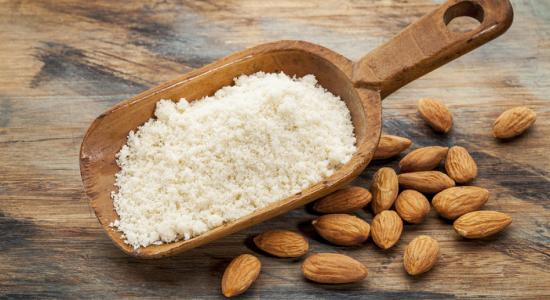
The benefits of almonds are numerous. A true concentrate of vitamins, minerals and antioxidants, almond is undoubtedly the ally of a healthy diet. Bio à la une reveals six facts about almonds that may surprise you.
- Contrary to popular belief, almonds do not make you fat
We tend to think that nuts and oilseeds are fatty foods that make you fat, wrongly. On the contrary, oilseeds, including almonds, increase the satiety effect and slow down the absorption of lipids. - Almonds are particularly recommended for vegetarians
In addition to being rich in calcium, magnesium and fiber, almonds have a high protein content and are a good alternative to animal products as part of a meat-free diet. - Roasted almonds are not as good as raw almonds
Often, toasted almonds are cooked in bad fats. This is why it is advisable, for a healthier choice, to consume them raw or dry roasted. - Almonds are excellent allies for your immune defenses
In addition to being rich in nutrients, almonds have great antioxidant properties. A handful of almonds are said to contain an amount of polyphenols (antioxidants) equivalent to a bowl of broccoli or green tea. - It is much better to eat almonds with the skin on
The thin skin that covers the almond is the richest part in antioxidants and is extremely nutritious. It is particularly known for its anti-viral and anti-inflammatory properties. We therefore favor whole almonds, and with the skin. - The almond tree and the plum tree belong to the same family
The almond is the fruit of the almond tree which is part of the family of plums, trees and shrubs giving fruit to the Core. As surprising as it may seem, the almond is therefore from the same family as peaches, cherries and even plums.